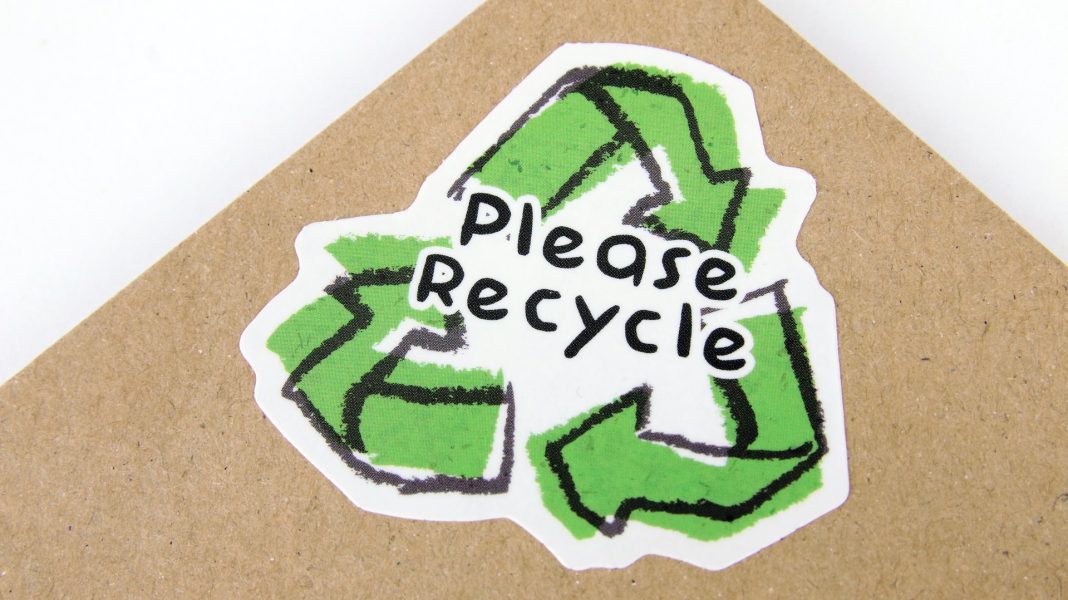Environmental and sustainability issues have become extremely important topics of conversation in recent years, as numerous crises seem to be concurrently coming to a head.
Supply chain issues and over-stretching of existing natural resources, coupled with the wider impacts of fossil fuel usage on global climates, have made sustainable alternatives both publicly popular and societally necessary.
As a business, there will be many different considerations to bear in mind regarding your carbon footprint. One key consideration lands in the form of packaging, particularly at a time when single-use plastics are falling under increasing levels of scrutiny. Choosing environmentally-friendly alternatives can be a win not just ethically, but reputationally too; what, then, are some viable alternative packing solutions that you could theoretically and feasibly institute in the near future?
Biodegradable Plastics
At the forefront of scientific progress concerning sustainable packaging is biodegradable plastic, or bioplastic. These plastics are often constructed from biological sources and can be trusted to decompose within weeks in the right conditions. Many products utilising this technology are already on the market, but difficulties have presented themselves too; for example, these plastics cannot degrade in certain conditions, meaning landfills are not guaranteed safe places for bioplastics to end up.
Air Pillows and Bubble Wrap Alternative
One of the more impactful ways in which a business can positively impact its packaging is through finding viable alternatives for bubble wrap. This is particularly true for businesses that rely on same-day delivery to ensure urgent orders are met and customers are kept happy, and where fragile or valuable items are left at the mercy of less-careful postal companies.
Thankfully, there are some important intersections between the design of air pillows and bubble wrap products and the development of the aforementioned biodegradable plastics. Cardboard sheathes have also been engineered to provide excellent compressive strength around fragile items like glass bottles – sheathes that can be reused or recycled.
Reusable Packaging
Speaking of which, reusable packaging is another important way in which a business can reduce its packaging-related carbon footprint. This is especially useful for couriers of perishable produce, where reusable insulative containers can keep items fresh and facilitate a near-limitless number of deliveries. However, the cost is naturally higher when it comes to adopting reusable packaging across the board.
Plant-Based or Compostable Materials
Finally, then, we come to arguably the simplest solution – plant-based materials. We have touched upon organic origin points with bioplastics, but the world of plant-based packaging is much wider than this niche corner of technological development.
Using plant-based packaging materials that themselves utilise sustainable sources – such as corn or sugarcane – can reduce environmental impact, from reducing the fossil fuels used to create such materials to reducing the post-usage impact on the natural environment. Natural materials that naturally compost in most environments can all but eliminate localised violations of natural habitats.






